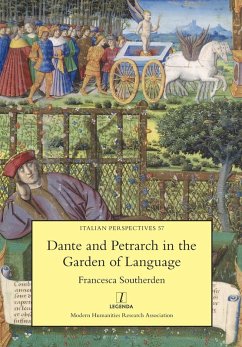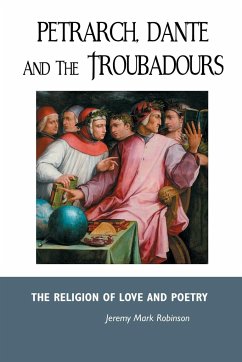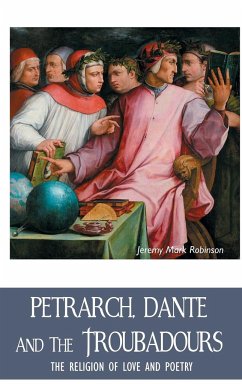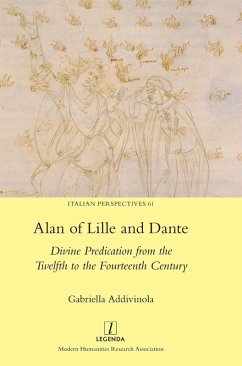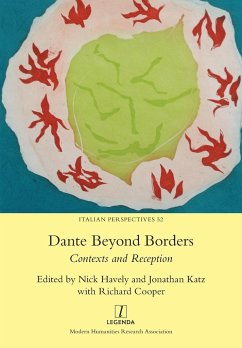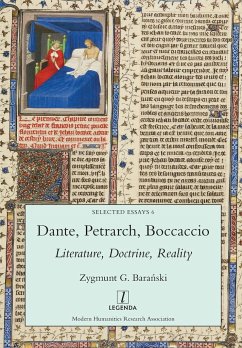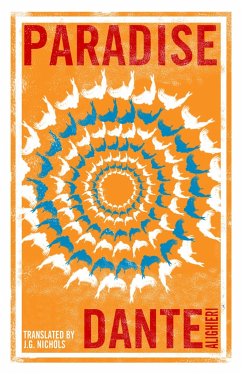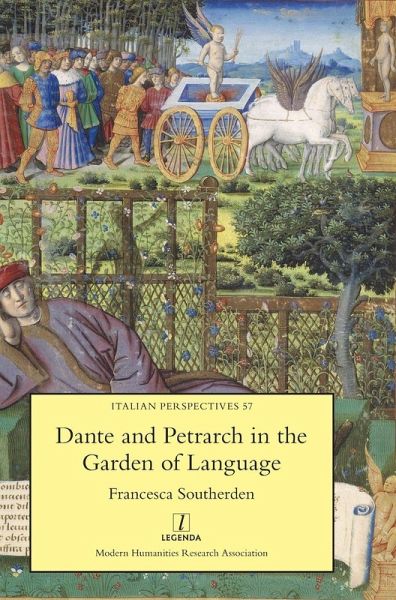
Dante and Petrarch in the Garden of Language

PAYBACK Punkte
51 °P sammeln!
In Dante's Paradiso, the first garden dweller, Adam, speaks of the language he 'used and shaped' (Par. XXVI, 114) and affirms the rather unstable, yet malleable, character of the vernacular tongue, which is tied both to natural variation and to pleasure. Examining the ways in which the garden and language are intertwined in the works of Dante and Petrarch, this book considers the kind of language these authors used and shaped, especially in their vernacular poetry, and how their interpretations of Eden interact with their broader thinking about language and desire, and the relationship between...
In Dante's Paradiso, the first garden dweller, Adam, speaks of the language he 'used and shaped' (Par. XXVI, 114) and affirms the rather unstable, yet malleable, character of the vernacular tongue, which is tied both to natural variation and to pleasure. Examining the ways in which the garden and language are intertwined in the works of Dante and Petrarch, this book considers the kind of language these authors used and shaped, especially in their vernacular poetry, and how their interpretations of Eden interact with their broader thinking about language and desire, and the relationship between poetry and pleasure. Their experience as lyric poets is presented as pivotal for their conception of the speaking and desiring body and the way language inflects and can even create (sensual) delight, complicating and enriching a view of love and creation ordered to God. Through a comparative close reading of selections of Dante and Petrarch's writings in the vernacular and Latin, the book explores the poets' distinctive take on these issues and their responses to such questions as: Why do human beings speak? To what end(s)? What form do their utterances and so their desires take? And what language should one use to write poetry? Francesca Southerden is Associate Professor of Medieval Italian at Somerville College, Oxford.





